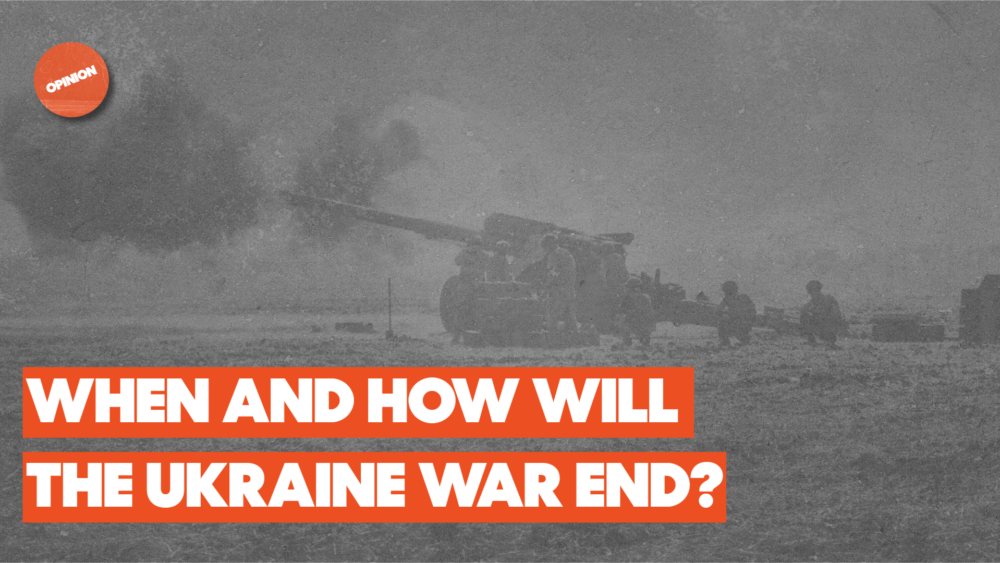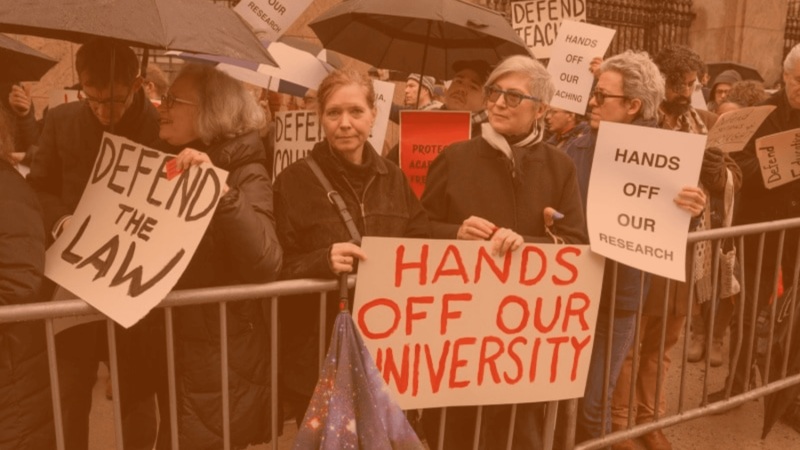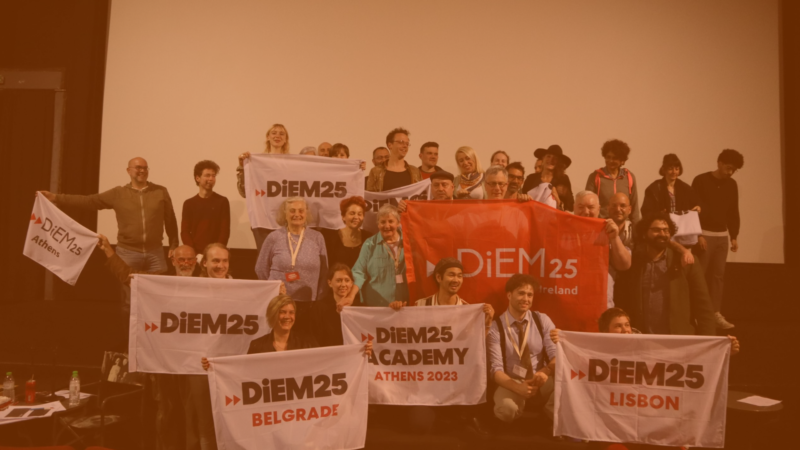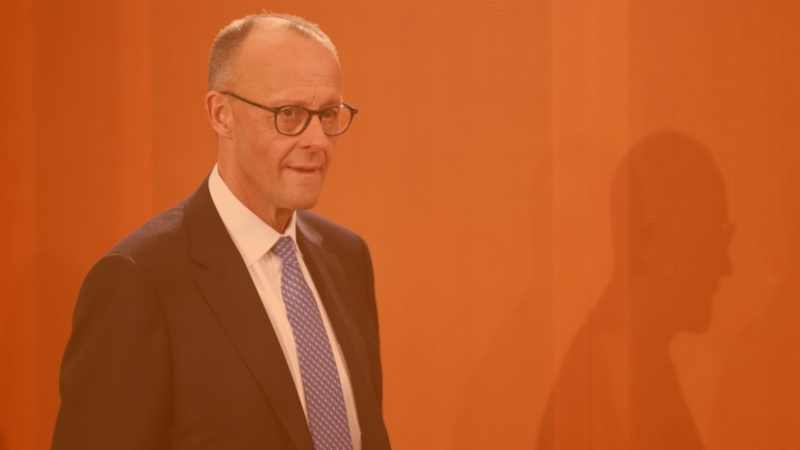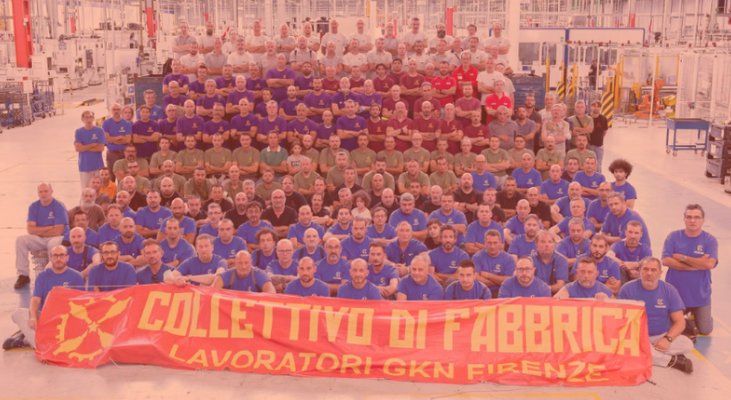It is the question that is now troubling the entire planet. From the calm, united and controlled way in which the West reacts, it seems that NATO’s plan is moving full steam ahead. Two perspectives open up: with or without Vladimir Putin.
After the annexation of Crimea in 2014, NATO took the Russian threat seriously. As NATO’s Under-Secretary-General recently admitted, the alliance had been preparing Ukraine’s response long before the February 2022 invasion. In fact, Russia‘s military action is not going to plan in all aspects, due to poor training, logistical struggles and especially the poor gathering of information.
It can be said that the invasion of Ukraine was much better prepared by NATO than by Russia. The inability to anticipate the Ukrainian reaction and the lack of preparation of retaliation has brought Moscow into a humiliating and embarrassing situation, without a reasonable possibility of exit.
In this context, the meticulous preparation for retaliation and the secretive undermining of Putin’s political plans raise a big question mark over the cynicism with which NATO acted, given that a violent military reaction by Putin with his back to the wall was predictable.
Many political and especially military analysts, familiar with the Russian war machine, converge on the idea that Putin will not stop until he achieves his goals.
These include an extremely brutal military intervention, crimes against civilians and unprecedented material destruction.
The chasm created between the two nations, considered brothers, will not be able to close for tens or maybe even hundreds of years from now.
Obviously, the other states targeted by Russia in line with its Eurasian Economic Union have now taken note of the methods through which Moscow aims to implement these projects and will desperately seek the protection of the West. The resulting effect is thus the complete opposite of what Putin had planned.
Once these projects have been buried, the question that arises is over what Putin’s victory will consist of. It seems clear that he will not be able to return to his Russian people claiming victory over Nazism. There is a need for tangible results, much more concrete, to justify the huge losses of people and materials, but also the years of deprivation that will follow. His minimal project now seems to be “Novorossiya”.
For a conquest and annexation of southern and eastern Ukraine, however, a reset of military action and a much superior mobilisation of forces are needed. Following the Mariupol model, it is likely that the entire area will be reduced to rubble and then occupied by a much larger military force. To move to the next level of mobilisation and military action, however, a justification is needed for the Russian people, and the concerns of NATO officials are that this will come from simulating or provoking an unconventional weapons attack on Russia.
Ukraine’s neutrality, which was shaped by the renunciation of its inherited nuclear arsenal after the dissolution of the USSR, was constantly attacked from both directions. Of course, this would have been the ideal solution both for the Ukrainian state (in its ethnic context) and for a Europe eager for stability.
But that opportunity has been lost and today’s reality doesn’t seem to lead in this direction: Putin cannot stop the territorial expansion launched in Ukraine and the West, somewhat ironically, cannot accept this new order by which the powerful could gain parts of territories of smaller countries just because they have the power to do it.
As for the likelihood that Putin will accept a negotiation that will end the conflict by renouncing territorial claims or freezing the conflict, the Russian internal context created by the strategic decisions of recent years must be taken into account.
When we hear election slogans from Western politicians like ’Make America Great Again’ both the media and citizens take little interest. But when we are faced with a statement like ‘We will make Russia a great world power’ from someone with Putin’s reputation, it must be understood that we are facing a very serious commitment, based on an official economic and military strategy, which set in motion an entire country and a nation willing to assume its historical role.
An escalation of the conflict in other parts of Europe or the world is unlikely. Russia blocked 70-80 percent of its active military force in Ukraine and consumed about half of the missiles it had at the beginning of the war. This is while NATO has not fired a single bullet from its own arsenal. Of course, challenges may arise to justify new internal mobilisations in Russia, but that’s all about it.
As for the risk of a nuclear attack, it also seems remote. After the initial nervous breakdown, in the face of the harsh reality on the ground, the Russians will likely retreat due to the situation in which they find themselves.
A deeper solution to the military and economic crisis cannot be achieved while Putin is in power in Russia. The abandonment of aberrant expansionist projects can only be done by replacing the Russian leadership. The West’s unequivocal position on Putin leaves no room for conciliation. That is why the number of victims and the volume of destruction in Ukraine, as well as the suffering and deprivation that will affect the entire planet, depend on the speed with which Putin will be replaced by Russia’s leadership.
We, as Democrats, have the opportunity to look beyond the power games and geopolitical interests and to bring to the fore the freedom of choice, the will of the citizens. If, in its current historical and political context, the Ukrainian people have decided to defend their freedom to choose their destiny, and for the moment the destiny they want to build, at the cost of the ultimate sacrifice, is to join to the West and NATO, we have nothing to do but take note of this and eventually support it.
Our goals for democratisation, demilitarisation and peace must be accompanied by a pragmatic approach to the current international situation. The need for security in the world will disappear when the last dictator and the last undemocratic military superpower will disappear.
The rush for military protection and security guarantees will be on the list of priorities in the coming period, especially for small countries and especially for those in the vicinity of powers with expansionist claims. Accepting this reality should not impede democratic processes and the unification of citizens around the world under the same flag, that of freedom and co-operation between people, no matter what political and military area of the world they come from.
Do you want to be informed of DiEM25's actions? Sign up here





